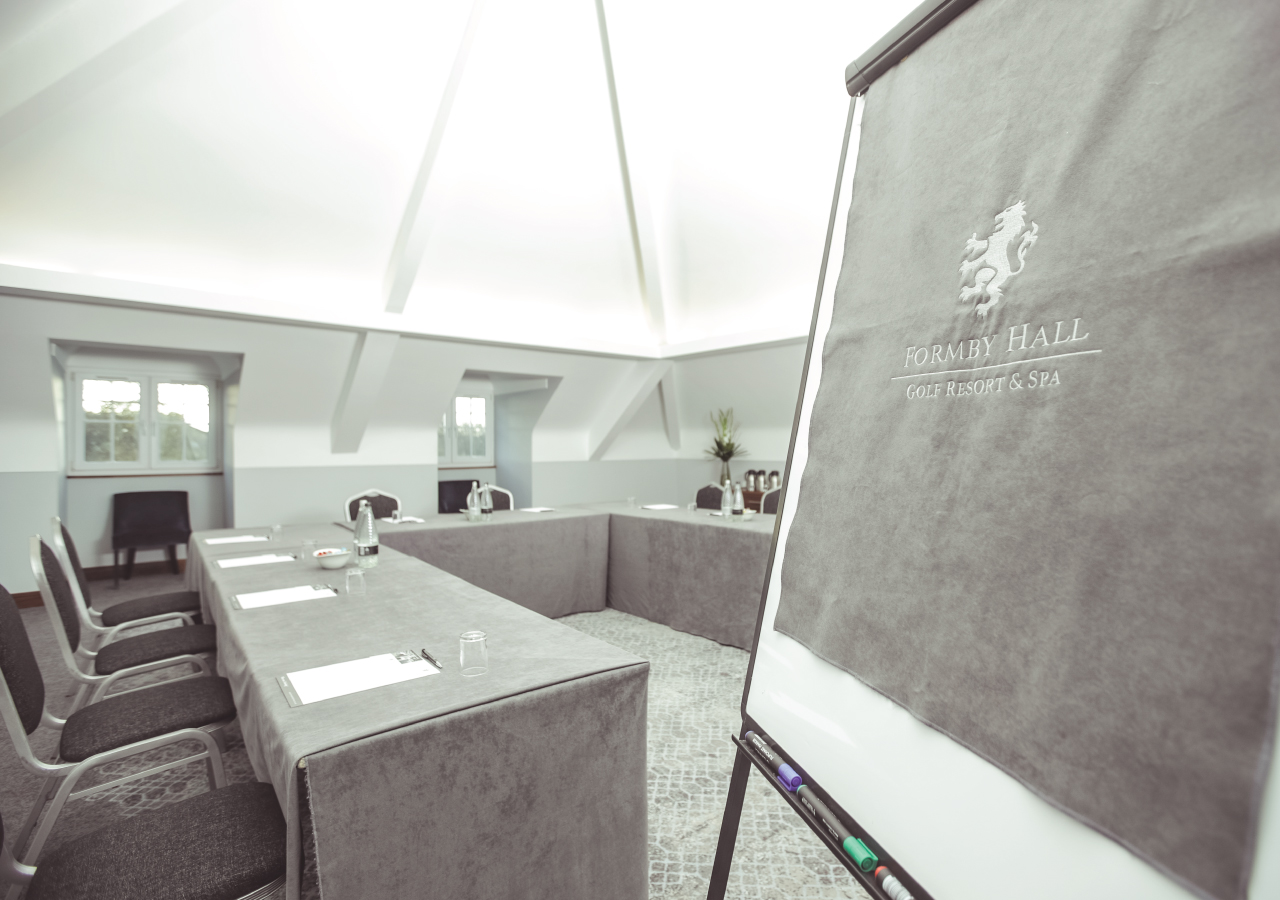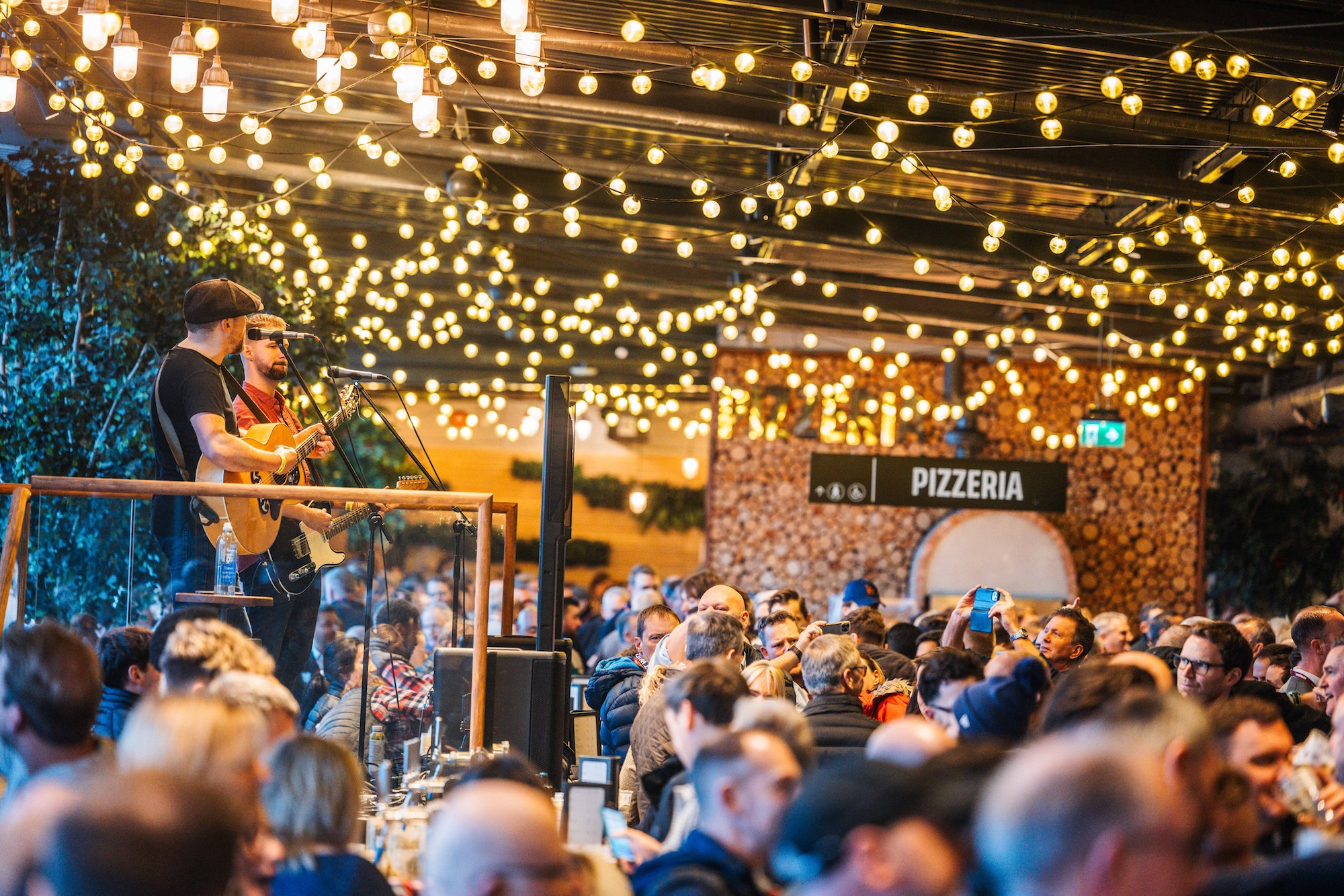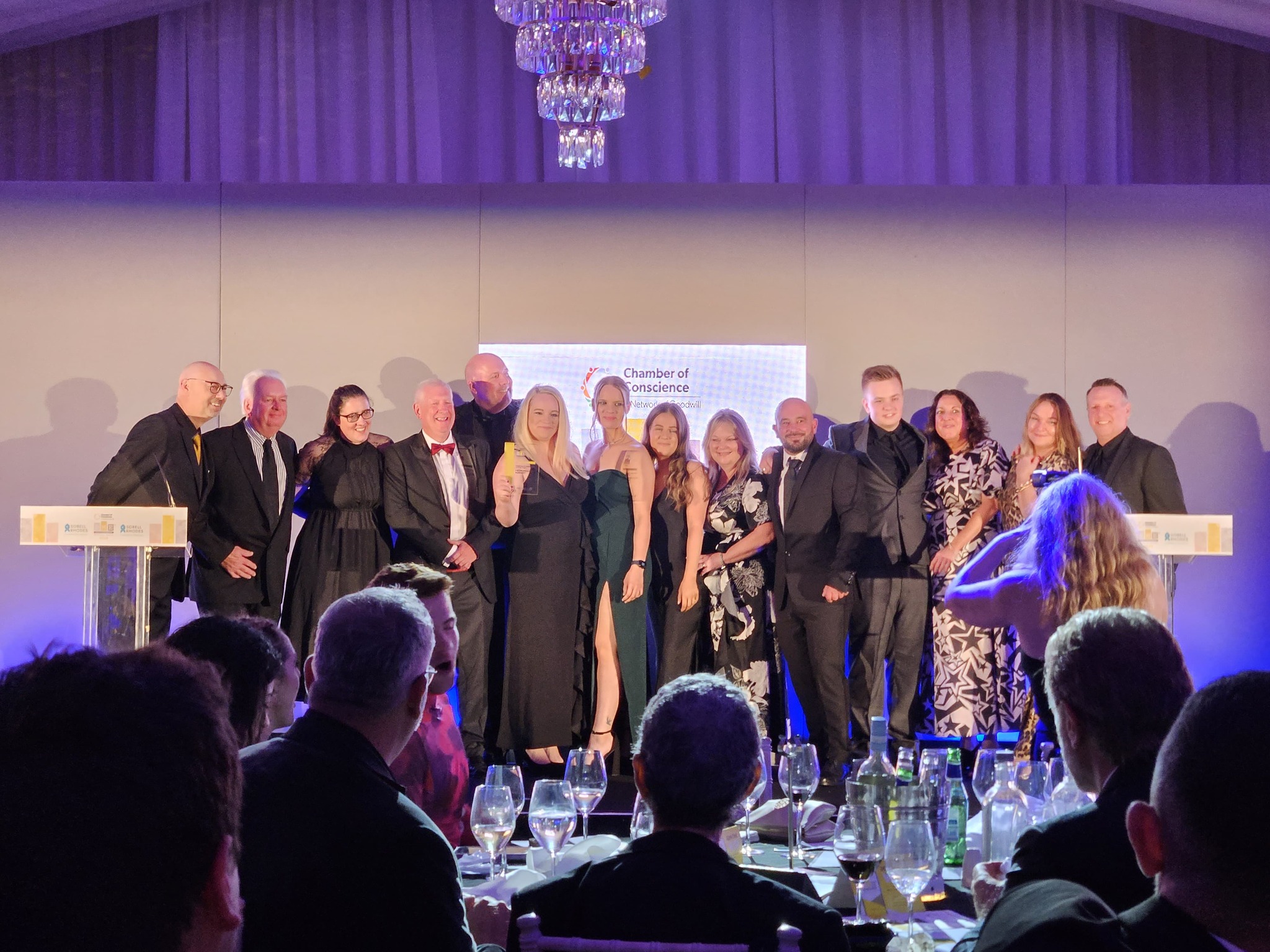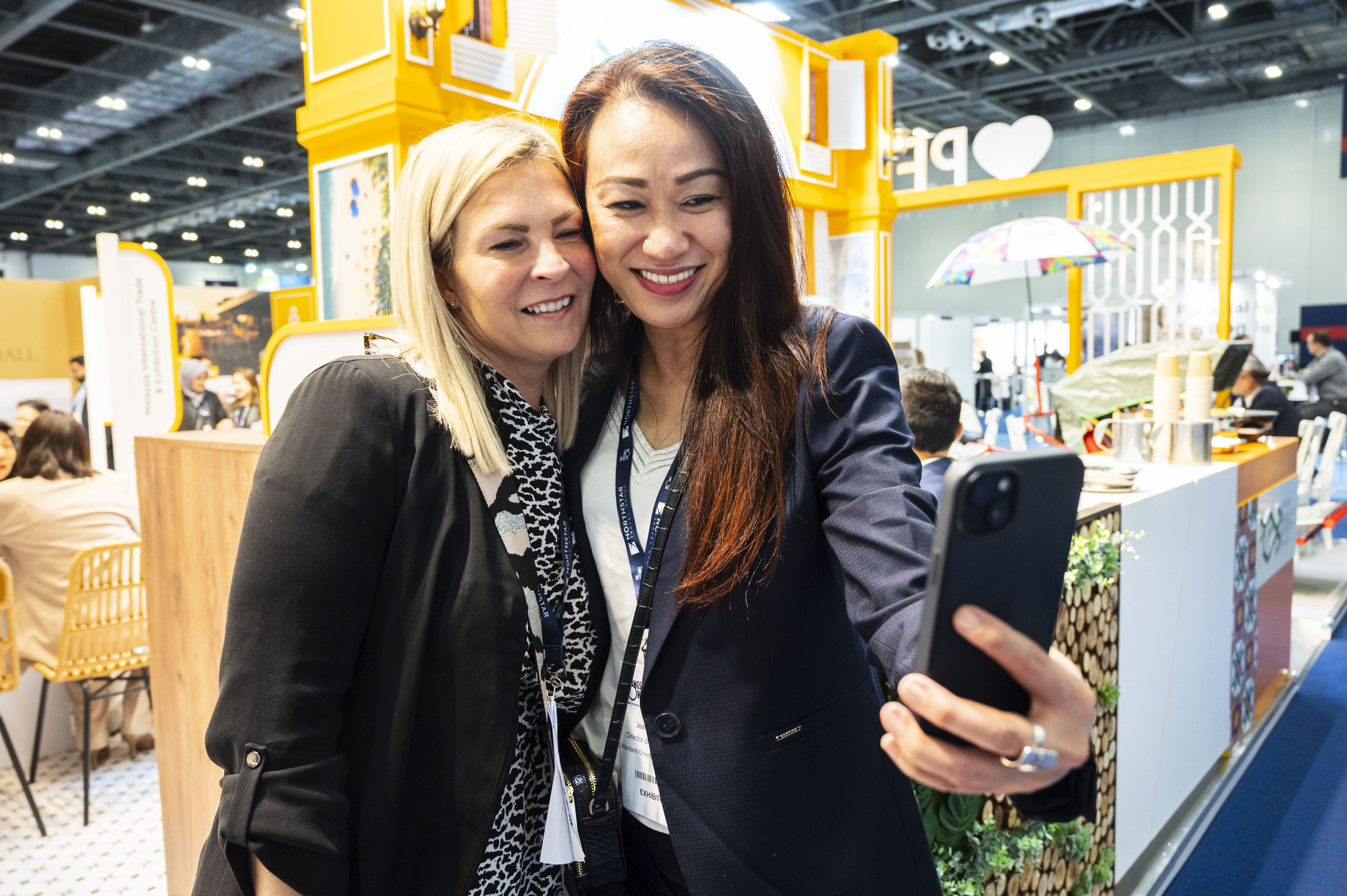As the UK becomes increasingly diverse, hospitality and food supplies businesses are having to consider more options to cater for the different religious and dietary requirements.
With the Islamic population growing, demand for halal foods is rising and is a market that, as yet, has not reached its full potential, according to industry experts.
Dr Munir Chaudhry, of the Islamic Food and Nutrition Council of America, recently estimated that global halal trade was worth $580 billion (£352.8 billion) a year, adding that there is potential for this area to expand.
"Halal, Jewish meals, Indian catering, it is a big niche market," says Andrew Nicholson, e-commerce manager at Sodexo Prestige.
"I think it's a very specialist market, a very closed-group market that's quite difficult to get into, but once you have a reputation it's worth the niche within this market," he adds.
"You have to work very hard for it and there are a few costs involved in that initial outlay in order to get that ball rolling.
"It's one for the future, definitely," Mr Nicholson asserts.
Keith Ross, executive head chef at West Ham United Hospitality, confirms that he has seen a trend towards increased demand for halal options over the last three years.
"The supplier awareness is much greater - they know that there's a market there for it," he says.
Nevertheless, there is still huge potential for caterers and suppliers to move into this market, Mr Ross insists.
"I seriously don't believe that there is enough being done out there, especially in the supplier's mind, because over the last three years I have really had to work hard to be able to get that supply chain through," he reveals.
"But there is more of an understanding now than there was that there is a greater demand which in turn makes life a little bit easier.
"When it first became the trend it was much more difficult to trace suppliers, or you found that you were paying a hell of a lot more money for it."
Mr Ross explains that these days, he designs adaptable menus to accommodate halal options easily.
"I try to create a very balanced menu to make halal an option while keeping it within the mainstream. That's the secret to it, is not to make it too specific, but to be flexible," he says.
This means avoiding a set of choices that are heavily pork-based, for example.
Producing halal menus is a lot simpler than kosher catering, Mr Ross explains, as such Islamic meals do not require the religious ceremony involved in the preparation of Jewish food. Once the halal meat has arrived from the suppliers, there is little difference in the cooking process.
"Obviously there's diligence as regards cross-contamination, with keeping it away from pork or ham, or anything else in the kitchen, but there's an understanding about that."
With a reputable supplier in place and the ability to demonstrate the certification and traceability of the meat, West Ham's hospitality team can reassure clients that they are getting halal options that meet the necessary religious requirements.
"The kitchen staff are professional and do their work according to the guidelines," he concludes.






